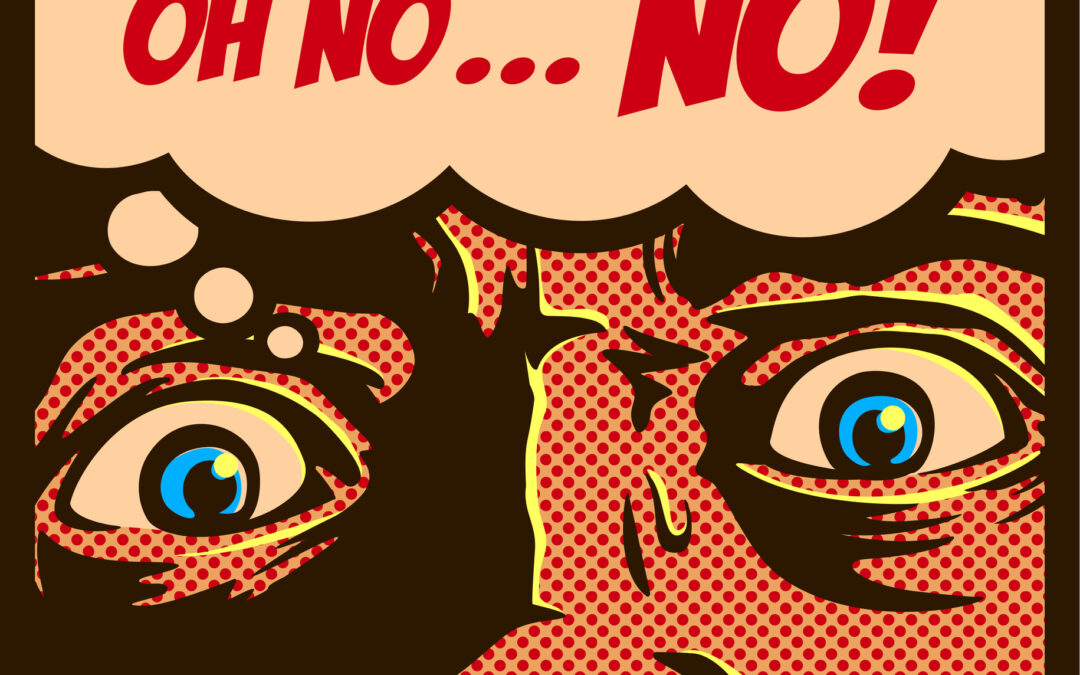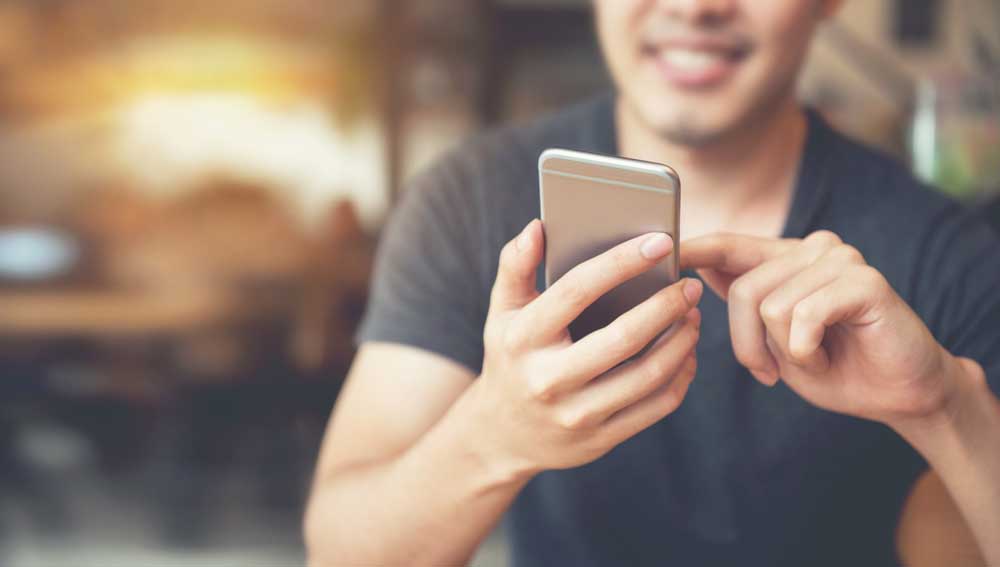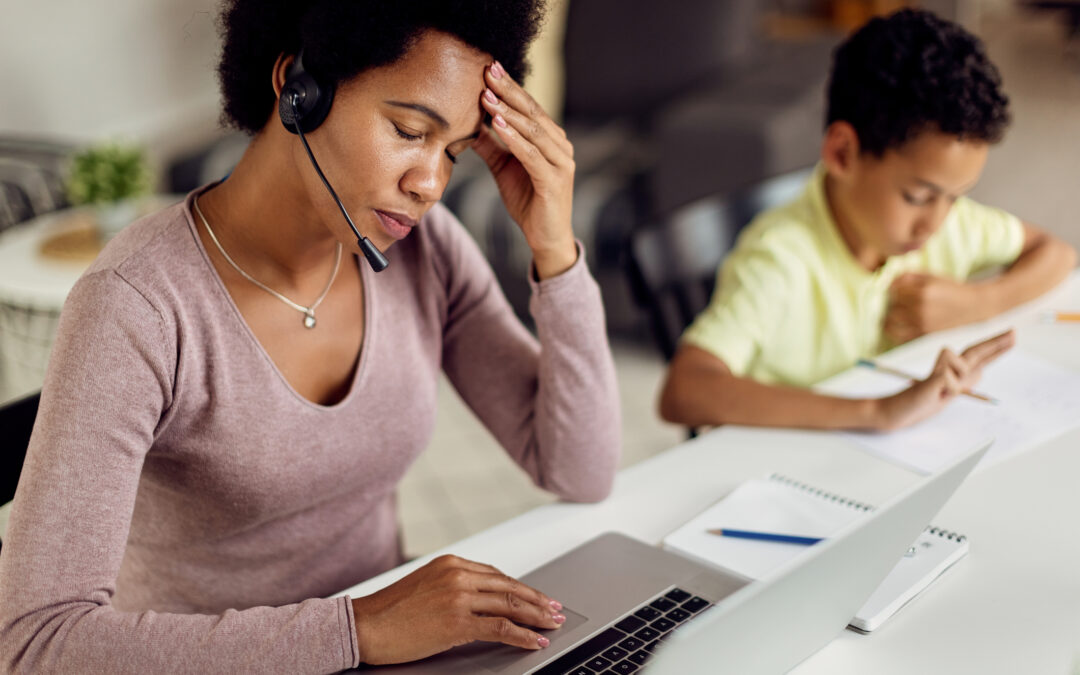Life is challenging when you’re an introvert. What are simple interactions for many people can feel anxious and uncomfortable to you. The mere idea of taking part in certain social events can be exhausting and emotionally draining to an introvert.
While some social functions, such as business meetings, cannot be missed, there are social gatherings that can be, and it is totally okay for you to say no. This may feel almost as uncomfortable to you as actually attending the party or event, but it’s important to put your own needs ahead of others in times like these.
If you are an introvert that generally has a hard time saying no to invites, here are some ways you can do it kindly:
Be Honest-ish
We tend to feel a lot of pressure to give myriad details on why we can’t accept an invite to an event. If we don’t have a “good enough” excuse, some of us will blatantly lie, which then makes us feel bad.
There is no need to lie and no need to give more details than necessary. You can simply say, “Thanks so much but I already have plans.” We all have plans all of the time. You may plan on doing the laundry that night or watching Game of Thrones while eating pistachio ice cream (which is a great plan, BTW). That is the truth but it is no one else’s business but yours.
Be Gracious
Before saying “no,” be gracious and thank the person very much for inviting you in the first place. It will make the other person feel good that they made you feel good by thinking of you.
Practice What to Say
It’s easy to say no in a text or email, but when you will see that person in person, saying no can feel incredibly awkward. The best thing to do is just practice saying, “Thank you so much for asking but I already have plans that day/evening,” so that it comes out naturally and so that you feel at ease saying it.
I would like to suggest that, before saying no to an invite, you really weigh the pros and cons. I know being introverted can be challenging, but I also know that it can get pretty lonely at times. Saying yes once in a while may not be as bad as you think. While saying no to a huge, loud party may make sense for you, be open-minded and look for those new social situations you actually might be able to handle and enjoy. You never know the kind of fun you could have or new friends you could make.
Introversion vs. Social Anxiety
Introverts tend to feel exhausted after social interactions, but so do people with social anxiety symptoms.
How can you tell the difference between the two? Be curious about why you’re avoiding social interaction.
- If you’re worried about what other people think about you, that is likely social anxiety.
- If you feel nervous, worrying about the “right” thing to say, that’s probably social anxiety.
- If you ruminate about or replay a social experience on repeat after the fact, that’s probably social anxiety.
A person can be an introvert AND have social anxiety. A therapist can help you honor your introversion needs, while working to overcome social fears.

3 Unconventional Ways to Stop a Panic Attack
Panic attacks feel different for everyone, but typically include sensations like a pounding heart, sweating, a feeling of terror, constricted or rapid breathing, and feeling as though the room is closing in on you or spinning. Regardless of how they present, a...

Deep Breathing: Why Do It?
If you have ever felt frustrated by being told to just "take a deep breath" when you are feeling angry or anxious, you aren't alone. It's difficult to heed this advice when, in the moment, the mind and body are distracted or dysregulated. The adage of "just breathe"...

The 12 Best Mental Health Apps
Modern technology can be an amazing supplement to professional counseling. Check out these 12 Apps that come recommended for recovery from depression, eating disorders, PTSD, insomnia, and anxiety. DEPRESSION RECOVERY APPS 1. TalkLife (online support tool)...

7 Skills to Try When You Feel “Overwhelmed”
Have you ever felt completely overcome by an intense emotions? Have feelings at times felt challenging to manage and overcome? The experience of being “overwhelmed” is uncomfortable and impactful in your life at work, home, or school. Defining "Overwhelm" Emotional...

Exposure and Response Prevention for Effective OCD Treatment
Exposure and Response Prevention (ERP) is a form of Cognitive Behavioral Therapy (CBT) that involves purposefully exposing yourself to feared stimuli or situations in order to learn a new way of responding to them. If you struggle with OCD, this explanation of...

